Freefall
But why weren’t they still there, quizzing her? She struggled to remember events in some semblance of order, but it was just a sequence of disconnected images: Med-techs hovering, fussing over her; the questions she couldn’t answer, because she couldn’t remember anything; lights flickering, then going out; the shock wave, shaking, bouncing her more than she thought possible, suspended as she was in the viscous liquid medium of the tank; and people, rushing around, some with purpose, some in panic.
Then the second shock wave, much worse than the first. After that, nothing, only the silence and darkness she had been in for what now seemed like months.
Fear grasped her, chilled her, disoriented her. She fought for air, or tried to. She noticed she wasn’t breathing.
After a time she regained a degree of composure. As calmly as she could, she reviewed her situation.
What were her chances of rescue? She was quite certain that the only reason she had survived the second shock wave was because she was in the tank. No other part of the ship offered anything like the same level of protection. She felt confident (if that is the right word) that no one else had survived. So there was no possibility of local rescue. And, as it would be years before a distress signal (if one had even been sent) would reach the closest settlement, rescue from elsewhere seemed even less likely.
As she began to recognize her true situation, she imagined the stars, cold, immobile, and unblinking all around the fractured, fragmented hull of the spacecraft. She experienced a sort of cosmic isolation, felt an inhuman, impossibly vast loneliness.
Gaining a semblance of control over herself again, she continued to evaluate her condition.
How badly had she been hurt? That was easy to answer, unfortunately. The tank was only for the most severe injuries. The tank would sustain life while vital organs were regrown, or artificial replacement parts prepared.
Oh god. She wanted to scream. But, of course, she couldn’t.
An ethereal coldness infiltrated her body (what was left of it) and spirit.
She wondered how long the tank’s life support system could hold out on emergency power. She wondered how long forever was.
She hoped it wasn’t long.
The End
Peter Roberts grew up near Pittsburgh, Pennsylvania, and earned a BS at the University of Pittsburgh. He currently lives in central Ohio. Over the past thirty years or so, he has had poems and stories published in various genre and literary magazines, including Asimov’s, Star*Line, Nature, Astropoetica, Ars Medica, Abyss & Apex, Bitter Oleander, and several other publications. He has poems forthcoming in Illumen, Crow, & Lilliput Review. For a more complete list of publications, and additional personal information, visit his website.
Navigate: Page 1 Page 2






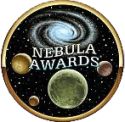





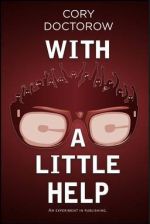
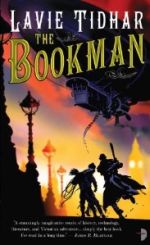
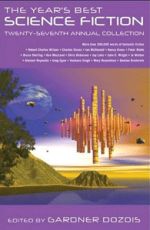





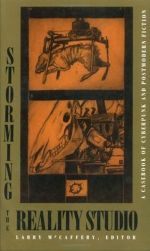



5 comments
[…] “Freefall” by Peter Roberts at Redstone Science […]
I enjoyed this well written story. I liked the way you created a realistic (at least in the context of the story) situation that exploited multiple phobias that many people have. Wow! It packed quite a punch and I am still thinking about it. Keep up the good work.
Sadness and isolation done well. Great work.
Gripping! I want to know what happens next.
[…] Freefall by Peter Roberts […]